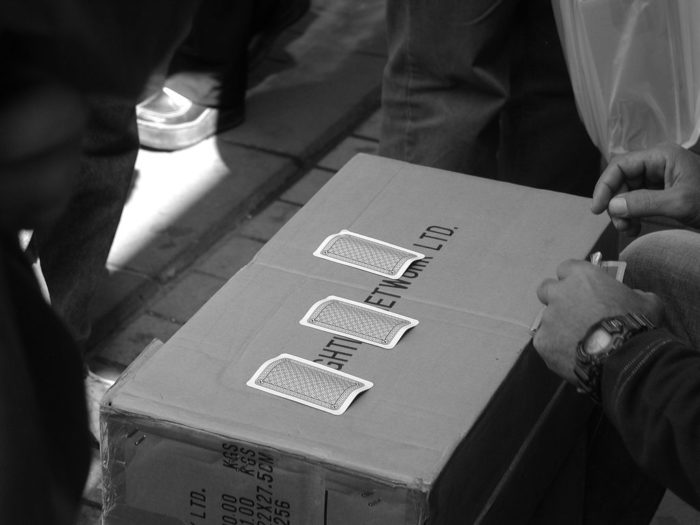“But, your honor, we conducted a search and collection from all sources we deemed appropriate and where we believed responsive and relevant information was located…I mean, honest judge.”
In effect that is the response form a party being questioned about the extent and sufficiency of their discovery collection efforts.
Is that sufficient? Should that be enough for the court where a reasonable basis exists that the statement may not be sufficient or is patently insufficient?
Why are lawyers and judges sometimes so resistant to “discovery about discovery? The party receiving the request for that discovery will tell you it invades attorney-client or work product areas that should be kept sacrosanct.
If the responding party did not identify and examine potentially relevant custodians’ data, why should the collection not be open to examination? In the day of BYOD (bring your own device) and employees using their own cloud storage, custodial examination is increasingly important. If the responding party has examined only the server side of data, they could miss potentially important and relevant data and documents.
These are the things I think about as Hurricane Irma, a Cat 5 storm, barrels onward toward our state of Florida.
I read an excellent article written by Jim Gill at Exterro that draws a corollary between the film Finding Nemo and custodial identification in e-discovery. Responding parties should be expected to conduct an investigation of custodians, as well as server data, and be required to provide the list of custodians as a part of discovery responses. The fact that this is not a requirement, but is an objection, is so much nonsense.
If a basis exists suggesting that a responding party failed to ask the correct questions and verify what key custodians do or do not have potentially responsive data should be considered negligent data culling and collection. We need to approach discovery in the digital age not like we did when hard copy documents would be found in a file folder, in a file cabinet, in a hallway of the defendant’s offices.
Every key custodian should be interviewed and asked at least the following information:
- Where do you store your data and documents?
- What servers are used for storage?
- Do you ever remotely connect to your business location?
- Does the company provide cloud storage? What cloud storage?
- Do you maintain personal cloud storage?
- Do you have portable devices? What devices do you use?
- Do you use personal devices for business? What devices?
- Do you use your personal home computer for business ever?
- Do you use portable storage media for transferring data and documents? Where are those storage medias kept?
- Do you use email accounts for business, other than the system provided by your company?
The location of data and documents held by a producing party should be ripe for discovery and, in my opinion, should be incorporated as a part of discovery responses. If the producing party is permitted to limit the culling and collection of data by not being required to disclose this information, it is difficult or impossible to fully examine whether good faith production is being provided.
Why would any party object to this information disclosure; unless they are playing three card monte with discovery?
Share This



